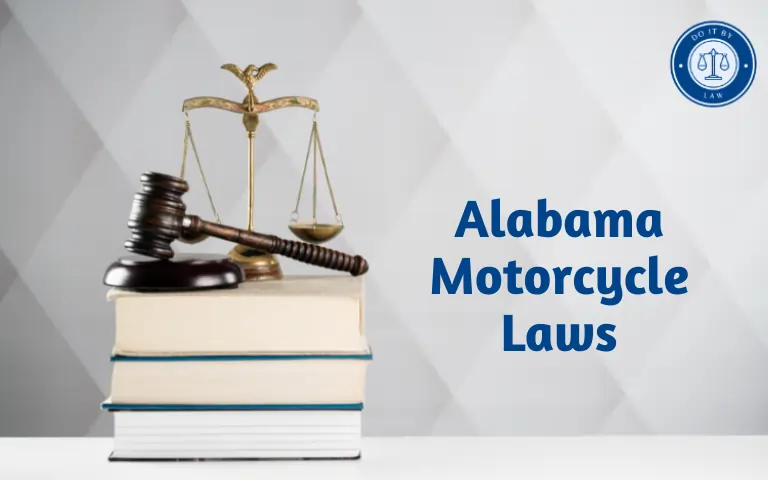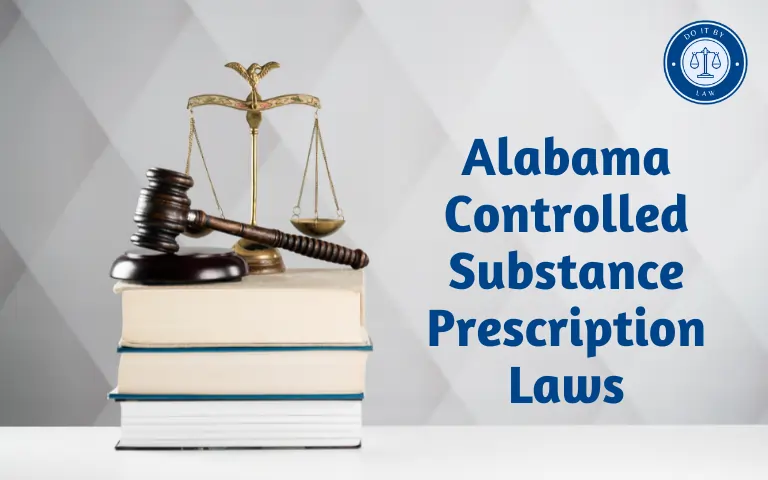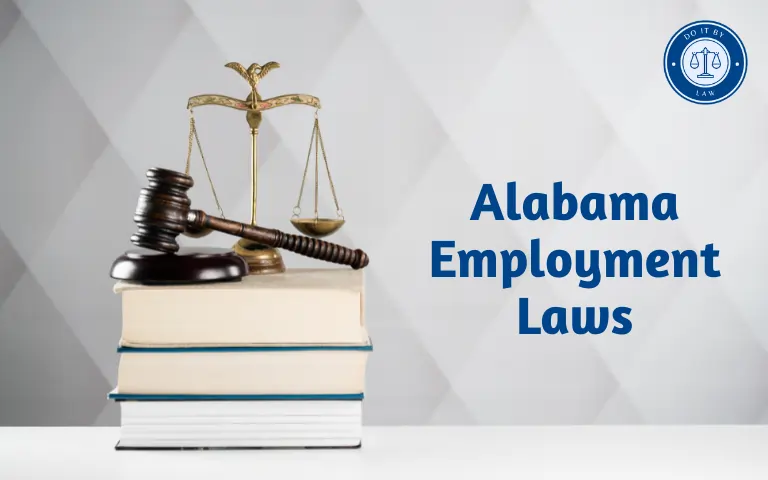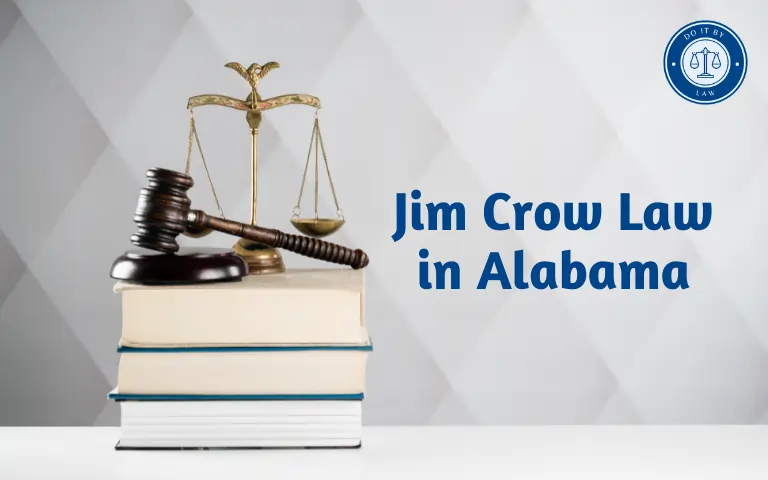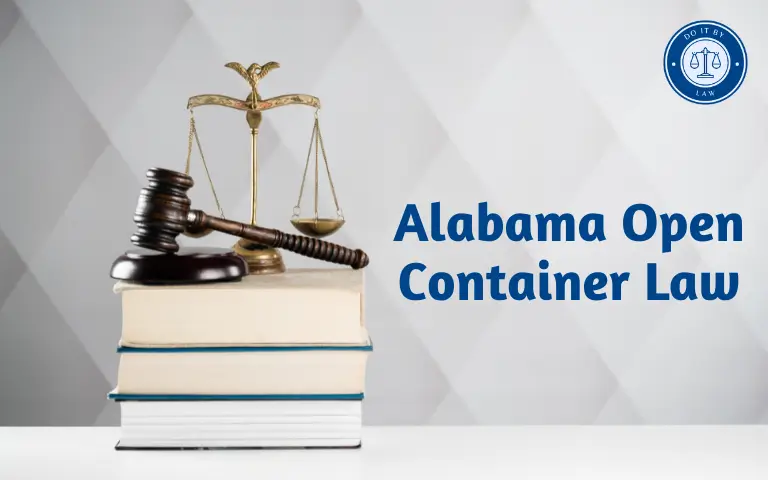Alabama Motorcycle Laws: What You Need to Know
Alabama Motorcycle Laws are on the books for motorcycle operations, licensing, registration, safety equipment, traffic regulations, and more. Enacted primarily for public and traffic safety, these laws dictate key requirements that all motorcycle riders in the state should understand and follow. Failure to adhere to them can result in fines or other penalties.
When Were Alabama Motorcycle Laws Enacted?
Alabama first enacted motorcycle legislation in 1980 with the passage of the Alabama Mandatory Liability Insurance Act, which required liability coverage for motorcycles over 200 cc’s. Additional significant motorcycle laws followed over the next decades:
- 1980: Mandatory liability insurance
- 1991: Universal motorcycle helmet law
- 2009: Ban on handlebars over 15 inches above the seat
- 2012: Motorcycle safety education program funding
- 2015: Lane filtering by motorcycles legalized
So while bikers have ridden Alabama roads for over a century, major motorcycle-specific legislation is still relatively recent. Lawmakers continue tinkering with the rules too, so staying current is critical.
Who Do Alabama Motorcycle Laws Apply To?
In short – anyone riding a motorcycle in Alabama.
Specifically, the laws cover:
- All motorcycles and motor-driven cycles
- Both in-state and out-of-state riders
- Operators with learner’s permits and licenses
- Passengers
So whether you were born and raised riding Alabama back roads or just passing through for a weekend, understanding the motorcycle legislation is essential. The rules provide critical operating boundaries – don’t cross the line unless you want Smokey on your tail!
Key Provisions, Requirements, and Restrictions
Alabama motorcycle laws dictate riders must:
- Carry minimum liability insurance coverage
- Wear approved helmets and eye protection
- Complete safety training to obtain cycle endorsement
- Follow size limits for handlebars and other equipment
- Abide by traffic, licensing, and registration regulations
That covers the big stuff, but there’s more nuance in the full statutes. So consult official state codes for specifics on equipment specs, license testing protocols, insurance minimums, and the like before hitting the streets. Act dumb and try getting away with half a helmet or dream up your road rules and you’ll quickly meet the authorities!
Penalties for Violating Alabama Motorcycle Laws
As with most legislation, ignoring the motorcycle statutes can earn you anything from a slap on the wrist to criminal charges:
- Traffic infractions incur fines, demerit points
- Insurance violations lead to a registration suspension
- Safety equipment transgressions result in citations
- More serious cases mean license revocation or jail time
Fines for common violations like speeding or illegal passing are comparable to those for four-wheelers. However, violating the core motorcycle laws can ratchet up consequences quickly. Riding sans helmet or the required expressway stickers, for example, doubles fines. And hitting the streets without proper motorcycle licensing, registration or insurance gets you in legal hot water fast.
Bottom line – flout the rules and you better be prepared to pay Piper!
Recent Changes and Proposed Updates to Alabama Motorcycle Laws
Alabama legislators monitor motorcycle laws closely and modify them to boost rider safety and align with federal standards. Recent years saw a few noteworthy changes:
- 2015: Legalized lane filtering by motorcycles
- 2019: Updated off-highway vehicle definitions
- 2022: New safety awareness signs on certain roads
Additionally, a 2023 proposal aims to axe the universal helmet law in favor of a partial requirement applying only to riders under 21. But after previous failed attempts, passage remains uncertain.
So while core motorcycle statutes seem secure, nuances continue evolving. Regularly checking the official state government site is smart to catch the latest updates.
Controversies, Debates, and Challenges Around Alabama Motorcycle Laws
Given their niche demographic impact, motorcycle laws incite frequent debates and face ongoing obstacles:
- Universal helmet requirements – Staunch Libertarian opposition argues the government shouldn’t mandate gear for competent, consenting adults. But data shows helmets save lives.
- Motorcycle-only checkpoints – Some law enforcement agencies conduct illegal bike-only stops. But profiling bikers breaches rights.
- Budget shortfalls – Safety programs and rider education rely on fragile funding streams like fees, donations, and grants.
- Registration violations – Lapsed registration among motorcycle owners exceeds other vehicle types. However, compliance is critical for road safety and lawfulness.
So while the merits and motives differ, controversies continue simmering around various motorcycle laws. Realities like budget constraints or ignorance of the law among riders make effective implementation an ongoing challenge.
Conclusion
Understanding current motorcycle legislation is essential for Alabama riders. Core laws govern critical factors like licensing, registration, insurance requirements, and safety equipment. Violating them brings escalating civil and criminal penalties too. So digest the key statutes, know your responsibilities, and keep up with changes year-over-year. Following both the letter and spirit of the law helps ensure all motorists make it home safely. Ride on – legally and leak-free!

